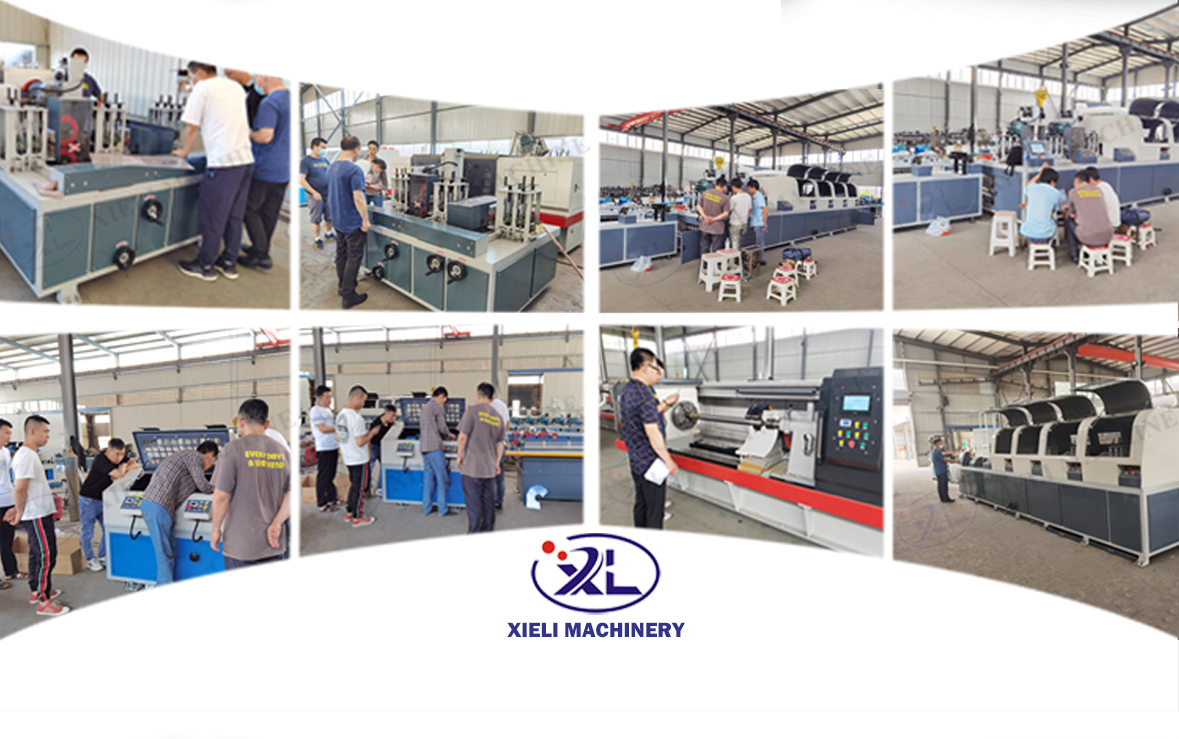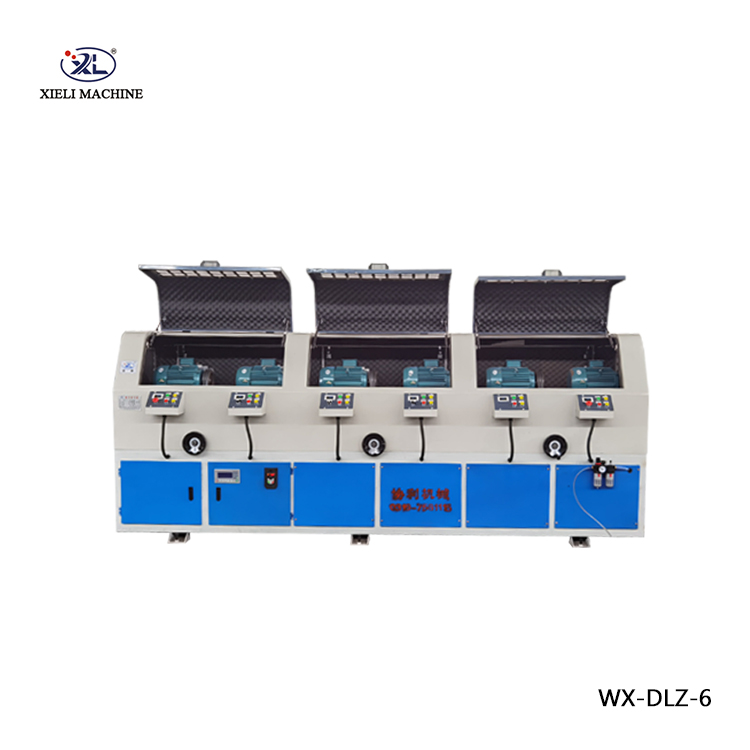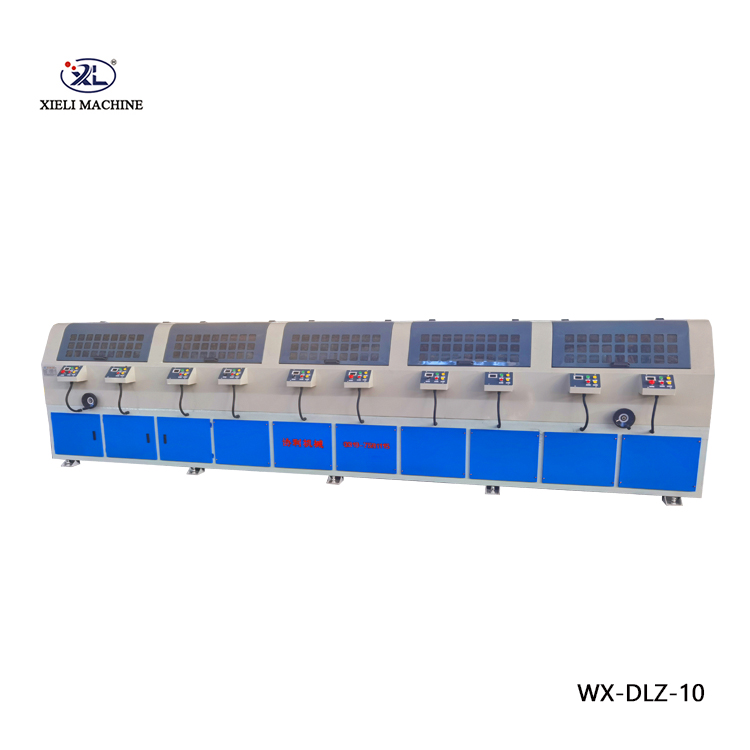The Role of a Centerless Grinder Operator An Essential Component in Manufacturing
The manufacturing industry is a complex ecosystem where precision, efficiency, and quality control are paramount. One of the critical components in this industry is the centerless grinder operator. These skilled professionals play an essential role in shaping and finishing products to meet the rigorous standards of various sectors, including automotive, aerospace, and medical devices. This article will delve into the responsibilities, skills, and significance of the centerless grinder operator within the manufacturing landscape.
Understanding Centerless Grinding
Centerless grinding is a machining process that produces workpieces with high precision and superior surface finishes. Unlike traditional grinding methods, centerless grinding does not use a fixed spindle. Instead, the workpiece is held between two wheels a grinding wheel and a regulating wheel. The grinding wheel removes material, while the regulating wheel controls the workpiece's speed and positioning. This setup allows for swift processing and the capability to grind multiple parts simultaneously.
Responsibilities of a Centerless Grinder Operator
The role of a centerless grinder operator is diverse and comes with a variety of responsibilities. Key tasks include
1. Machine Setup and Calibration The operator must prepare the grinding machine by installing the appropriate wheels, setting dimensions, and calibrating the machine to ensure optimal performance. This step is crucial for achieving the desired level of precision.
2. Monitoring the Grinding Process Once the machine is set up, the operator continuously monitors the grinding process. This includes observing the cutting action, adjusting speeds, and ensuring the workpiece meets specific tolerances and quality standards.
3. Quality Control A centerless grinder operator must conduct routine inspections of the workpieces using measuring tools, such as calipers and micrometers, to ensure they conform to specifications. This aspect of the job requires a keen eye for detail and a commitment to maintaining high-quality standards.
4. Maintenance and Troubleshooting An operator is also responsible for the routine maintenance of the machinery. This includes cleaning, lubricating, and replacing worn-out parts. In the event of machine malfunctions, operators must be able to diagnose issues and perform necessary repairs or adjustments.
5. Documentation Keeping accurate records of production runs, machine setups, and quality control results is essential. This documentation helps in maintaining consistency and provides valuable data for continuous improvement.
centerless grinder operator company

Skills Required for Success
To excel as a centerless grinder operator, individuals must possess a unique set of skills
- Technical Proficiency Operators must be adept at operating and programming computer numerical control (CNC) machines, as many modern grinders are equipped with CNC capabilities.
- Attention to Detail Precision is crucial in grinding operations, making attention to detail a vital skill. Operators must be meticulous in their measurements and inspections to ensure accuracy.
- Problem-Solving Skills Operators must be able to troubleshoot issues that arise during the grinding process quickly. Effective problem-solving can minimize downtime and maintain production flow.
- Physical Stamina The role can be physically demanding, requiring operators to stand for long periods and lift heavy materials. Stamina and strength are necessary for handling the workload effectively.
- Team Collaboration Centerless grinder operators often work closely with other members of the manufacturing team, including engineers and quality inspectors. Strong communication and teamwork skills are essential for successful collaboration and efficient operations.
The Significance of Centerless Grinder Operators
Centerless grinder operators are indispensable in the manufacturing industry. They contribute significantly to the production of components that require precise dimensions and finishes, which are critical for the functionality and safety of the final products. Their expertise ensures that manufacturing processes run smoothly, reducing waste and increasing efficiency.
Moreover, as industries continue to evolve with advancements in technology, the demand for skilled centerless grinder operators is expected to grow. These professionals not only keep pace with technological changes but also adapt to new materials and processes, adding to their value in the manufacturing workforce.
In conclusion, the role of a centerless grinder operator is vital to the success of the manufacturing industry. Their technical skills, attention to detail, and commitment to quality ensure that products meet the highest standards required by various sectors. As manufacturing technology continues to advance, the importance of skilled operators in this field will undoubtedly rise, making their contribution more crucial than ever.





